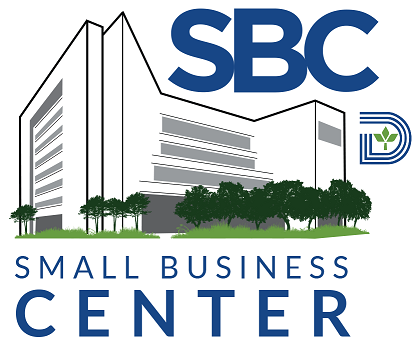A new blog
This blog it targeted at local public, private and nonprofit leaders who want a window on what is happening across the hundreds of entrepreneurship organizations and initiatives in the Dallas area. Our goal is to make this space an essential destination for anyone who wants to know what is happening in Dallas entrepreneurship.
The name of the blog is a play on the much maligned moniker for our region: The Metroplex. That was apparently a term coined to help market the opening of DFW International Airport in the early 1970s. It combined the city connotation of “metro” with “plex”, which has to do with a network. So we christen this blog the entrepreneur network blog, the Entreplex blog. We start with a discussion of the entrepreneurial ecosystem.
Defining the Ecosystem
For a couple of years entrepreneurial ecosystem has been the hot buzz word in economic development circles. Daniel Isenberg popularized it, but it has been on the lips of many entrepreneurs, scholars and policy makers. These stakeholders argue that using an ecosystem framework helps make sense of the complex cultural, financial and organizational elements that support entrepreneurship in a community. At SourceLinkDallas we agree that this is a good framework because it encourages each stakeholder to think about where they fit in the big picture. Let’s see what two of the leading thinkers on the ecosystem approach have to say.
Isenberg goes to some length to list all the parts of the ecosystem and groups them into six broad domains: culture, policies and leadership, finance, human capital, venture-friendly markets, institutions and infrastructure. His list focuses on national economies, for example, the Israeli ecosystem or the Chinese ecosystem. It is probably the most comprehensive picture yet of what an ecosystem involves. This provides a good theoretical picture, but is not terribly helpful with specific recommendations to those doing applied ecosystem work at a local level. In this view, beyond setting a tolerable regulatory and tax policy, the primary role of the public sector is information and coordination – being supportive of entrepreneurship.
Brad Feld, writing from an entrepreneur’s perspective, offers his “Boulder Thesis”. This is named after his city’s entrepreneurial experience, but is based on his observations around the country. He gives us a list of some necessary conditions to nurture a successful ecosystem. These include (1) long-term leadership commitment (twenty years or more) from local entrepreneurs, (2) an openness to anyone that wants to participate and (3) continual activities to raise awareness and maintain focus within the community. The public and nonprofit sector play facilitating roles and need to be responsive to entrepreneurs, not be the leaders of the movement.
SourceLinkDallas’ Role
The mission of SourceLinkDallas is to connect entrepreneurs to the services they need to start, improve and grow their businesses. That referral process is ongoing and the number one reason for this website. At the same time, we see several important functions, not as a service provider to entrepreneurs, but as facilitators of awareness, collaboration and advocacy regarding the ecosystem.
First, we can help by hosting our network partner events. These let organizations throughout the community get to know each other and discover opportunities and gaps. We will be ramping these up to monthly occurrences by mid spring.
Second, we can increase awareness by publicizing partner events and programs. Our blogs and soon to be implemented social media streams will bring more attention to what is happening in Dallas. A related project is to create the most comprehensive ecosystem asset map so that entrepreneurs and service providers can keep track of who is doing what, and where and when they are doing it. (More about this in our next post.)
Third, we can invite partners to join others to increase the scale and impact of programs and events. Almost every time we talk to a service provider or an entrepreneur we learn about another initiative and often about more than one group that is working on similar ideas. This is proof that our ecosystem is growing, but it also means that there are missed opportunities to scale and economize.
Through these efforts we hope to improve the flow of information through the ecosystem to the benefit of entrepreneurs and service providers alike. We hope you will stay tuned and join in the discussion.



